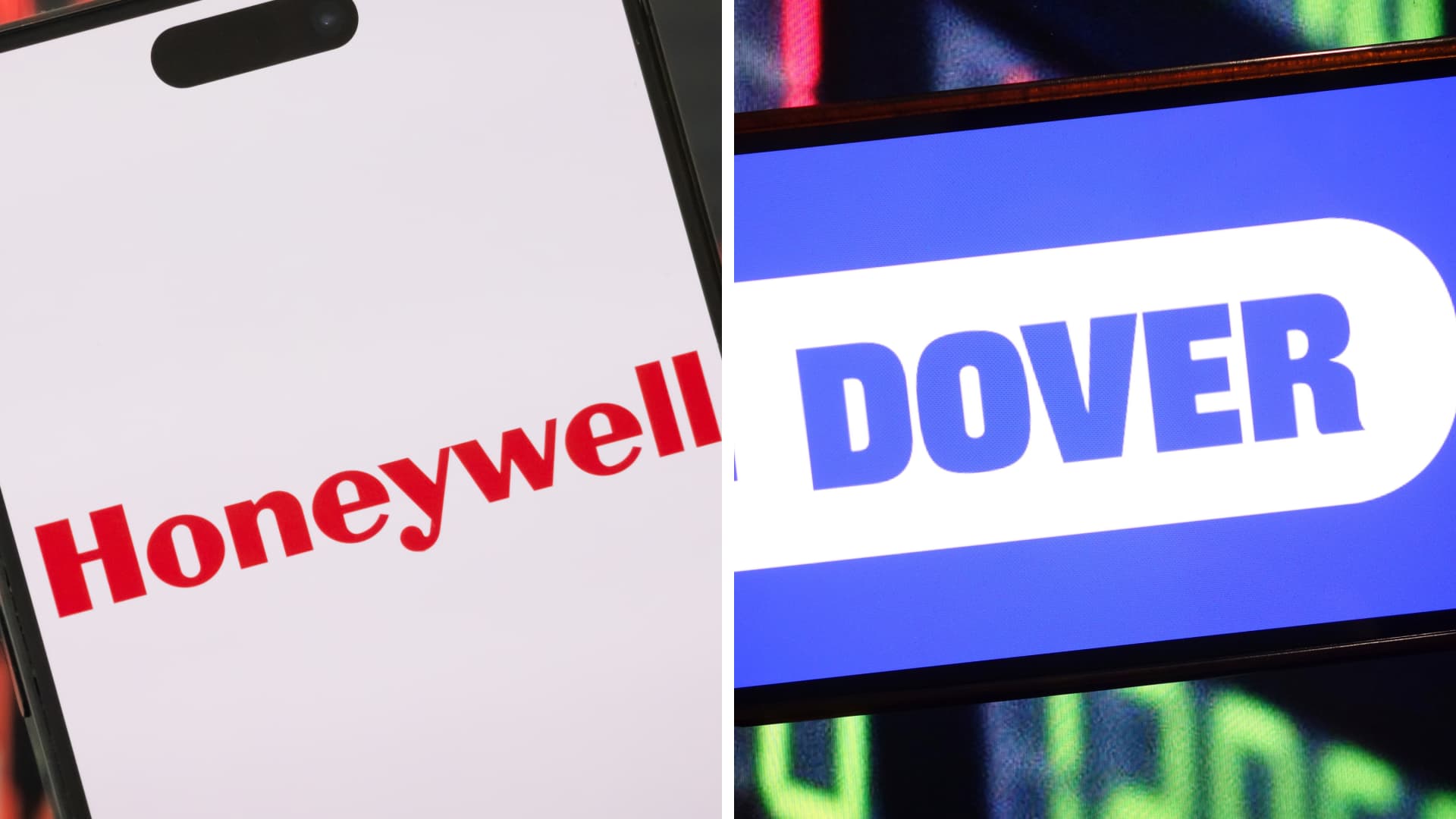The Hang Seng Index opened 0.12% higher, while the Hang Seng Tech Index opened 0.08% higher. NIO Cars rose over 2%, while New Oriental fell more than 4%.
Regarding the outlook for Hong Kong stocks,
Industrial Securities proposes that the bull market in Hong Kong stocks has entered a ‘long summer,’ benefiting from national empowerment, enhanced status as an international financial center, and incremental capital inflow, and will continue to strengthen in the second half of the year.
HTSC believes that the Hong Kong market may still experience high volatility in the third quarter, but the pressure factors are lower than expected, and the start of the rally might be earlier. Under a new round of tariff negotiations, China’s relative advantages have increased; with American financial deregulation, continued Fed rate cuts, stablecoin expansion, and adjustments in the duration of Treasury bonds, the USD index has further room to decline, which is bullish for the performance of Hong Kong stocks. Internally, efforts to counter ‘involution’ have intensified, the negative pressure on Internet E-commerce has eased, and there are some positive changes in Real Estate policies.
China International Capital Corporation points out that the long-term macro factors supporting the capital flows into Hong Kong stocks have not changed, and the situation of abundant funds but limited high-quality assets may continue. However, in terms of timing, the third quarter faces multiple pressures of tightening liquidity, including the possibility of the Hong Kong Monetary Authority continuing to withdraw liquidity, a tighter external USD environment, and ongoing IPOs and placements, which could cause some disruption.
China Galaxy Securities states that among global equity markets, the absolute valuation of Hong Kong stocks is at a relatively low level, and the valuation percentile is at a historically high level.
Bosera Funds notes that the strong performance of the Hong Kong stock market in the first half of this year was a result of the resonance between fundamentals and capital flows, with both domestic and foreign investors forming a bullish consensus on Chinese assets. For the second half of the year, they remain bullish on the Hong Kong stock market, expecting numerous structural opportunities to be explored.
China Galaxy Securities points out that, looking ahead, it is expected that the overall trend of the Hong Kong stock market will be upward with a focus on structural performance. In the global equity markets, the absolute valuation of the Hong Kong stock market is at a relatively low level, with its valuation percentile in the middle to upper range historically.
Guoyuan Hong Kong analysis indicates that the current sentiment in the Hong Kong stock market is relatively positive. Since the beginning of the year, there has been a continuous inflow of southbound capital, and so far, there has been no significant sign of outflow, leading to a substantial accumulation of funds in the Hong Kong market. From a medium- to long-term perspective, although recent high-level meetings in China have indicated a low likelihood of more-than-expected easing policies in the short term, to counteract the impact of tariffs, relevant policies may still be introduced in the second half of the year when economic momentum weakens. The expectation of policy support can still underpin the valuations in the Hong Kong stock market, which is expected to maintain resilience over the medium to long term.
This article is reprinted from ‘Tencent Self-Selection’, edited by Jiang Yuanhua, Zhitong Finance.


